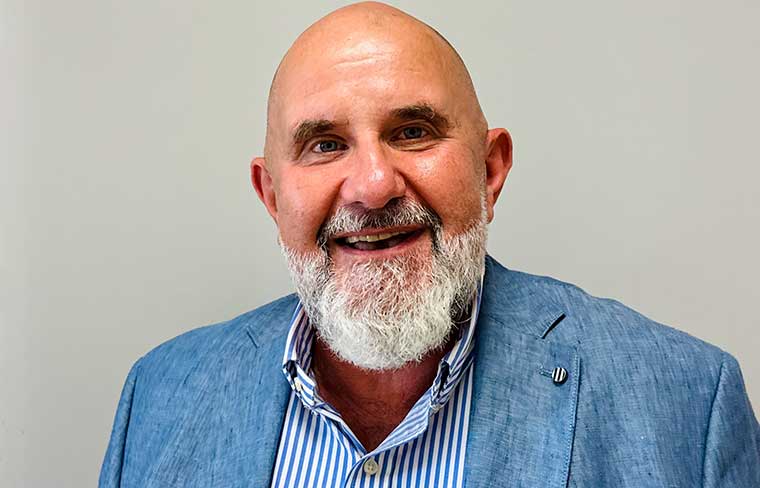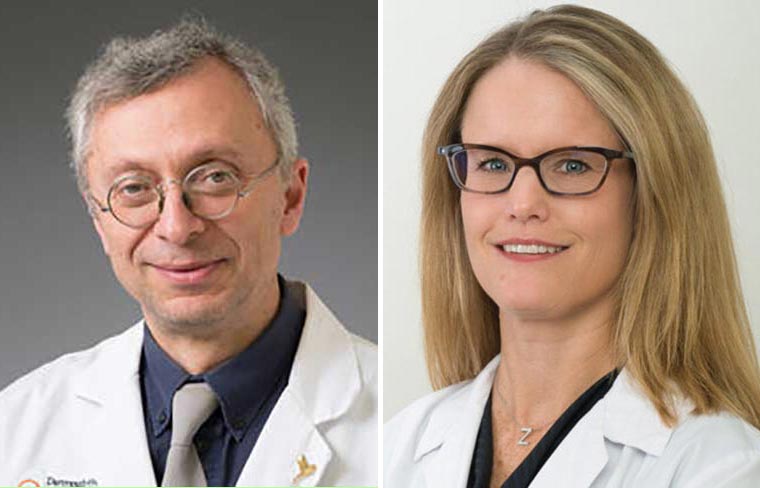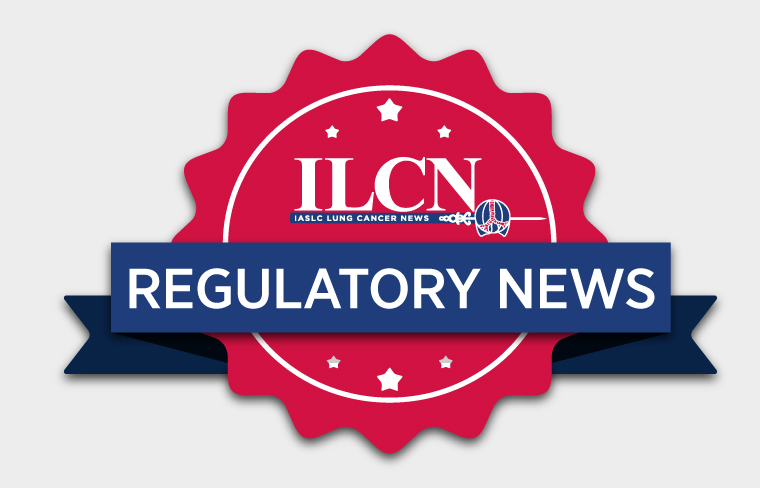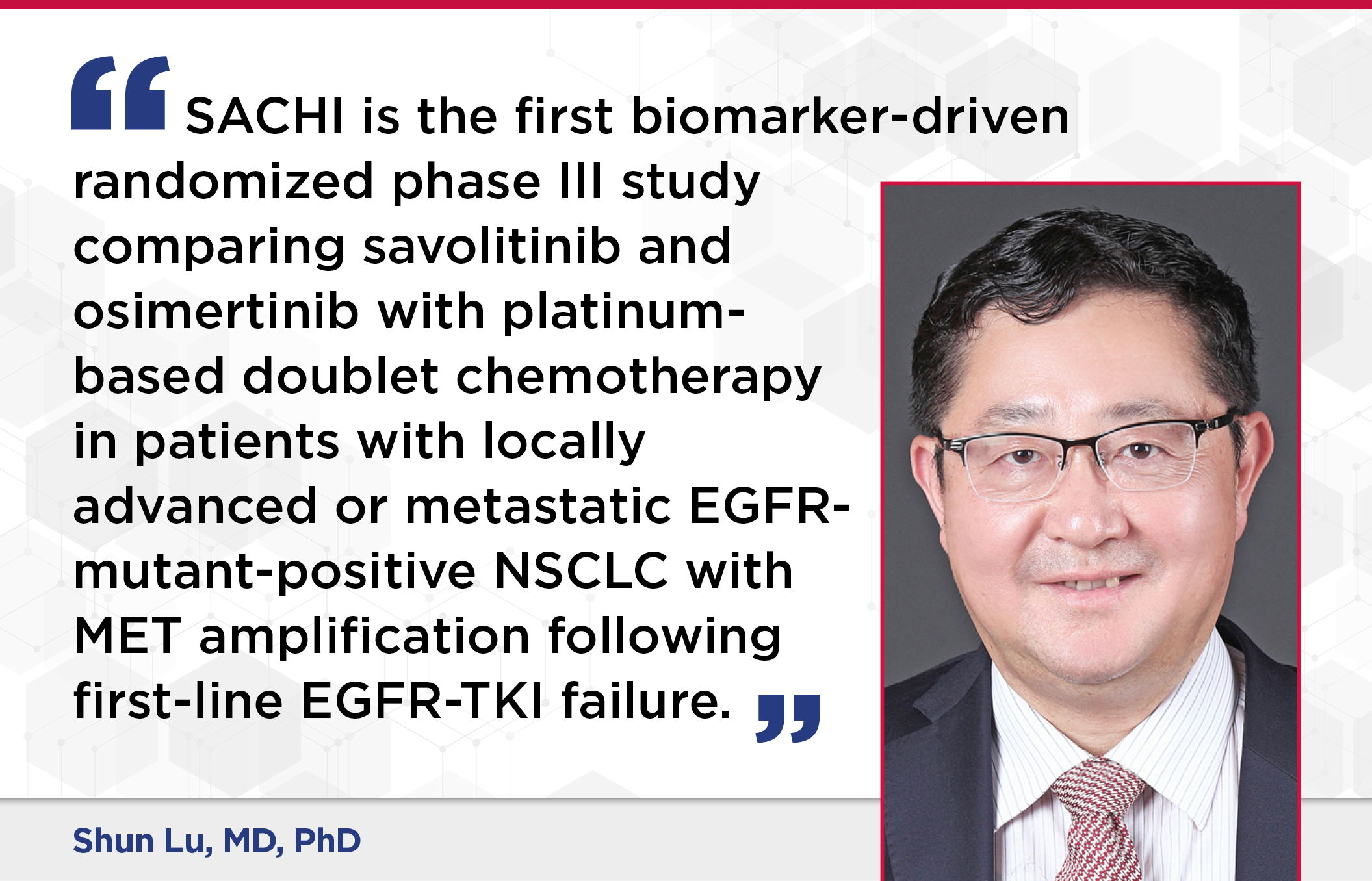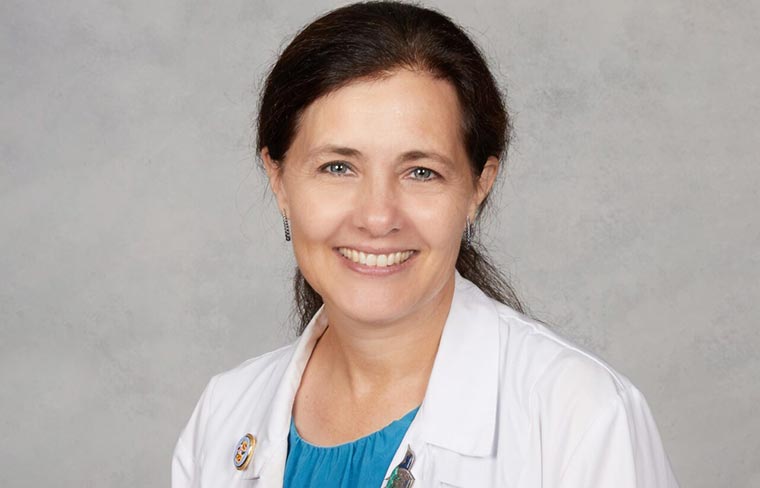2025
-
VERITAS Data Demonstrate Noninferiority of Navigational Bronchoscopy Compared to Transthoracic Needle Biopsy
Drs. James Katsis and William Thinnes say the safety profile and ability to stage lung cancer with a single procedure make a bronchoscopic approach the preferred method for lung nodule biopsy.
-
Beyond the Scalpel: Improving Lung Resection Outcomes with Enhanced Recovery After Surgery Protocols
Dr. Cezary T. Piwkowski says growing literature suggests that optimized preoperative preparation or “prehabilitation” is critical to improving early postoperative outcomes.
-
A Pragmatic Approach to Trial Design
Although the primary finding was not what investigators had hoped for, recent presentations by Drs. Karen Reckamp and Konstantin H. Dragnev highlighted Pragmatica-Lung’s success as a model for future trials.
-
IASLC Spotlight: Rare Tumors Committee
Committee Chair Dr. Paul Baas explains how the Rare Tumors Committee unites global experts and resources to advance progress in the field of rare thoracic malignancies.
-
In Brief: July 23, 2025
The US FDA grants Orphan Drug Designation to CID-078 for SCLC, and zidesamtinib demonstrates positive early data in ROS1-positive NSCLC.
-
SACHI Trial Results: Savolitinib-Osimertinib Combo Improves PFS in MET-Amplified EGFR-Mutated NSCLC
Dr. Shun Lu said savolitinib plus osimertinib offers a potential new chemo-free treatment option for patients after progression on first-line treatment.
-
IMpower010 Trial Update Highlights Long-Term Benefits of Adjuvant Atezolizumab in Resected NSCLC
The updated data and a recently presented exploratory analysis show the benefits varied based on PD-L1 expression, which may be influenced by a variety of genomic alterations.
-
Bispecific T-cell Engagers: Understanding the Evolving and Innovative Approaches to Outpatient Side Effect Management
Dr. Melissa L. Johnson discusses evolving best practices for the operationalization of bispecific T-cell engagers, specifically tarlatamb.
-
IASLC Committee Spotlight: Multidisciplinary Clinical Science Committee
Dr. Tom Stinchcombe discusses how this new IASLC committee is aiming to define multidisciplinary care, improve global access, and support collaborative science.
-
In Brief for July 9, 2025
The FDA grants accelerated approval to Dato-DXd, while a Biologics License Application for HER3-DXd is voluntarily withdrawn.









